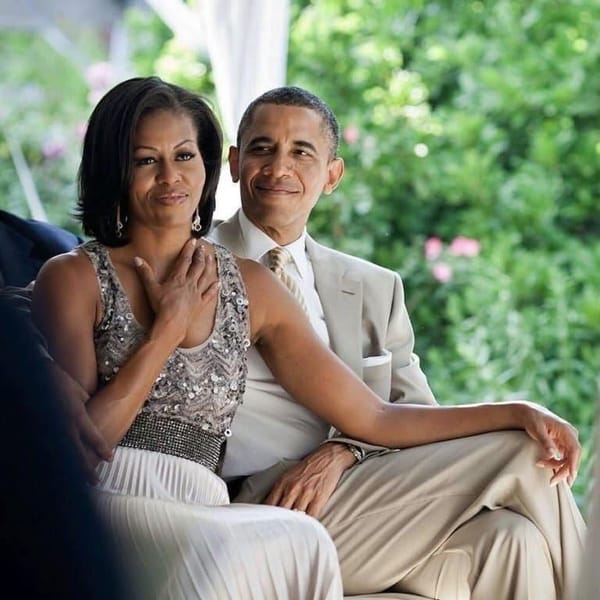Rebuilding the Guardrails: The Next President’s To-Do List

When America elects its next president, they won’t inherit a simple handoff of policies and programs. They’ll inherit the smoldering remains of democratic guardrails that once defined the presidency itself. Donald Trump’s years in office—and his return—have left the Oval Office looking less like a symbol of checks and balances and more like a crash test site for norms. The first task of the next president will not be rolling out some shiny new agenda; it will be sweeping up the broken glass of democratic accountability.
Step One: Restore the Watchdogs
Start with the inspectors general. These watchdogs were created precisely to keep government honest—independent investigators who can follow the money, call out corruption, and ensure laws are followed inside sprawling federal agencies. Trump, uncomfortable with oversight, fired or sidelined them at will. Without them, corruption festers in the dark. The next president must re-install these sentinels, empower them with real independence, and protect them from political retaliation. Otherwise, every department—from Defense to Health and Human Services—risks turning into a fiefdom run by loyalty rather than law.
Re-establishing Norms of Independence
Beyond inspectors general, the Department of Justice must be reset to function as the nation’s law enforcement agency, not the president’s personal legal team. Trump blurred that line repeatedly, leaning on DOJ leaders to protect allies and punish critics. A future president must not only resist this temptation but actively rebuild a culture where the public trusts DOJ decisions as impartial. That means appointing leadership committed to independence, insulating prosecutorial decisions from political meddling, and reminding Americans that no one is above the law—not even presidents or their friends.
The Civil Service as Scapegoat
Trump’s hostility toward career civil servants was no secret. His “Schedule F” plan to strip job protections from thousands of public servants was an assault on expertise itself. The next administration must repair morale across federal agencies, restoring respect for subject-matter experts who make government function. Policies should reward competence, not loyalty tests. Americans may not think about career scientists at the EPA or analysts at the CDC every day, but they feel the consequences when those professionals are silenced or purged.
Diplomacy, Rebuilt from the Ashes
On the world stage, the damage runs deeper. Allies have learned to question America’s reliability, wondering if treaties and agreements mean anything when they can be tossed aside at a whim. The next president will need to rebuild trust painstakingly—starting with seasoned diplomats, not campaign donors, representing us abroad. Foreign policy isn’t theater; it’s the framework for global stability. Repairing credibility won’t be quick, but it begins with showing that America respects its commitments again.
Transparency, Not Transaction
Another shattered norm: the expectation that presidents will disclose financial entanglements, release tax returns, and avoid blatant conflicts of interest. Trump made secrecy and self-enrichment into performance art. A responsible successor must restore transparency, codify conflict-of-interest rules into law, and show the public that the presidency isn’t a side hustle. Otherwise, every policy decision risks being viewed through the lens of “Who’s profiting?”
Resetting the Tone of Governance
Finally, there’s the matter of tone—less tangible but just as corrosive. Trump thrived on chaos, insults, and division, making government look like a perpetual cage match. The next president must make stability cool again. That doesn’t mean boring; it means predictable, competent, and grounded in reality. Governing by midnight tantrum tweets should be retired to history’s dustbin.
The Work Ahead
The next president’s job will be equal parts construction crew and repair shop. Before new policies, before ambitious reforms, there is an urgent need to re-establish the scaffolding that holds democracy up: watchdogs, rule of law, impartial justice, professional civil servants, transparent leadership, and steady diplomacy.
The campaign slogans may promise change, prosperity, or unity, but the first real test will be humility—acknowledging the damage done and committing to rebuild the guardrails. Only then can America look forward without fear that the system itself will collapse under the weight of one man’s contempt for norms.
Julie Bolejack, MBA



